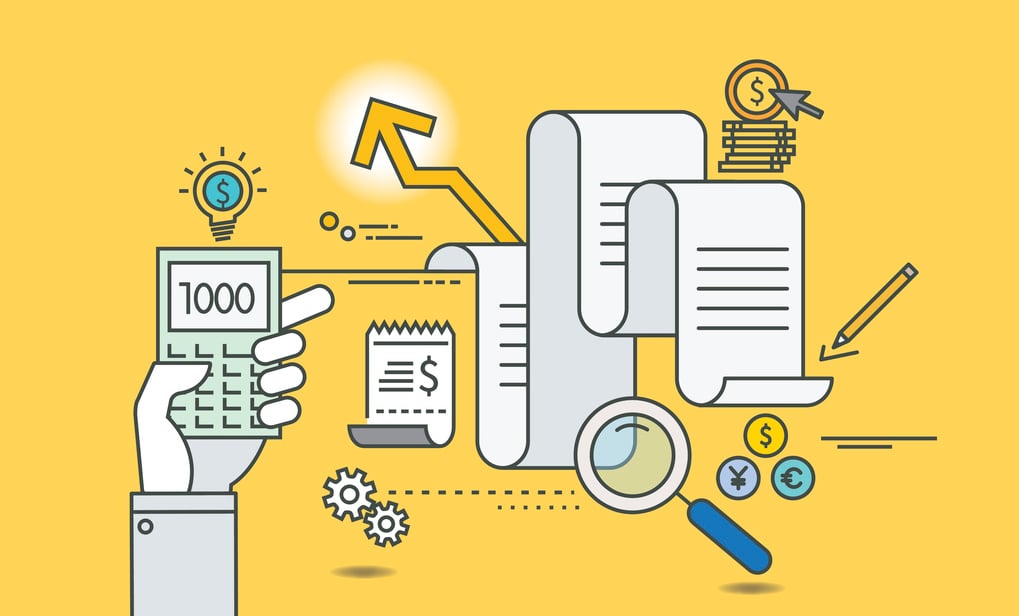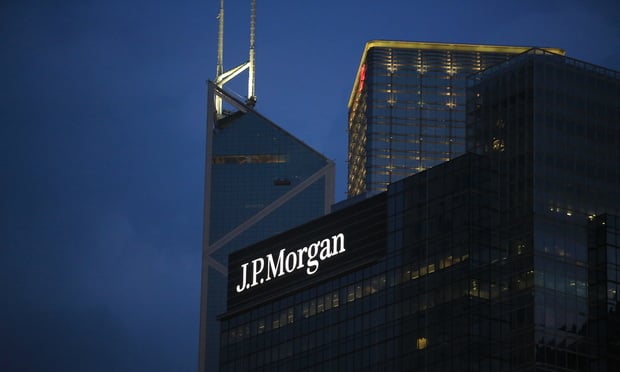China isn't a currency manipulator under U.S. law, though theyuan “remains significantly undervalued” and needs to rise further,the Treasury Department said.
|China “has substantially reduced the level of officialintervention in exchange markets since the third quarter of 2011,”the Treasury said in a statement accompanying its semi-annualcurrency report to Congress yesterday. The yuan has gained 9.3percent in nominal terms and 12.6 percent in real terms against thedollar since June 2010, the Treasury said.
|“It appears that the strategy of the last two administrations touse diplomacy rather than confrontation in dealing with the yuan'svalue is having some positive results,” William Reinsch, presidentof the National Foreign Trade Council, a Washington-based businessgroup, said in an e-mail after the report. “There is clearly roomfor further appreciation, however.”
|In declining to brand China a manipulator, the Treasury citedthe reduced intervention and “steps to liberalize controls oncapital movements, as part of a broader plan to move to a moreflexible exchange-rate regime.” The U.S. hasn't designated anothernation since 1994, when it named China.
|Critics of China's exchange-rate policies, including formerRepublican presidential candidate Mitt Romney, say the nationdeliberately suppresses the value of its currency, making its goodscheaper in overseas markets and costing jobs in the U.S.
|“This report all but admits China's currency is beingmanipulated, but stops short of saying so explicitly,” U.S. SenatorCharles Schumer, a New York Democrat, said in a statement. “Theformal designation matters because there can be no penaltieswithout it. It's time for the Obama administration to rip off theBand-Aid, and force China to play by the same rules as all othercountries.”
|Many U.S. corporations favor less confrontation as they seekaccess to China's market. U.S. companies such as Apple Inc. andWynn Resorts Ltd. make a substantial share of their sales in China,according to a Bloomberg Government analysis. Yum! Brands Inc. runsmore than 3,900 KFC and 690 Pizza Hut restaurants there. GeneralMotors Co., including through joint ventures, sold more cars inChina last year than it did in the U.S.
|Chinese Central Bank Governor Zhou Xiaochuan said Nov. 17 thatfull convertibility of the yuan will be the next step in anoverhaul of the exchange-rate system. Signs that Asia's largesteconomy is starting to recover after a seven-quarter slowdown isalso supporting the currency.
|Japan Steps
|In addressing other trading partners, the Treasury said in thereport that “it remains important that Japan take fundamental andthoroughgoing steps to increase the dynamism of the domesticeconomy, by easing regulations that unduly deter competition.”
|The Treasury said it will “continue to press” South Korea tolimit its foreign-exchange interventions to “the exceptionalcircumstances of disorderly market conditions and to commit togreater exchange-market transparency, including through thepublication of intervention data.”
|Though the South Korean government doesn't publish data oncurrency intervention, “market participants indicate that Koreanauthorities intervened on both sides of the market during thecourse of the year.”
|The South Korean won has strengthened 5.7 percent against thedollar since the end of June, the best performance among the 11most-traded Asian currencies.
|On the euro area, the Treasury said the region's success in thenext phase of fighting its debt crisis “will hinge on rapidimplementation of institutions that strengthen the euro, andcontinued progress on economic reforms that support growth.”
|The U.S. ran a $295.4 billion trade deficit with China lastyear, about an 8 percent increase above the 2010 level. Allowingthe yuan to appreciate would make Chinese goods more expensive forAmerican consumers than they are now, reducing U.S. imports of themerchandise.
|The yuan climbed to a 19-year high yesterday after Europeanofficials reached an agreement on Greece and on signs that China'sslowdown is nearing an end. The yuan climbed 0.05 percent to 6.2223per dollar in Shanghai, a 1 percent premium to the daily fixing,the maximum it's allowed to fluctuate, according to the ChinaForeign Exchange Trade System.
|Playing Field
|The U.S. Treasury said it would pay “particular attention” tothe pace of the yuan appreciation and “press for policy changesthat yield greater exchange-rate flexibility, improve transparency,level the playing field for American workers and businesses, andsupport a strong, sustainable, and balanced global economy.”
|Because of the yuan's appreciation, the U.S. decision not toname China a manipulator isn't a surprise, Ted Truman, a formerFederal Reserve official and assistant Treasury secretary, said inan e-mail.
|“But we are still living with economic, financial and politicalafter-effects of a decade of a very undervalued yuan,” said Truman,who is now senior fellow at the Peterson Institute forInternational Economics in Washington.
|China revalued the yuan, officially known as the renminbi, andended its peg to the U.S. dollar in 2005, allowing the currency tobecome convertible for trade purposes, giving banks more freedom toset interest rates and allowing some foreign institutionalinvestors access to the country's stock and bond markets.
|“China's overall trade surplus has come down while the renminbihas appreciated and is trading in both directions on a given day,”said Phillip Swagel, who was an assistant Treasury secretary underPresident George W. Bush and is now a professor at the Universityof Maryland in College Park. “With these changes, it is moredifficult to label China a currency manipulator, especially whenthe Obama administration declined to name them previously.”
|John Frisbie, president of the U.S.-China Business Council, saidthe Treasury “again made the right call. China's exchange rate hasstrengthened over 30 percent against the dollar in the past severalyears.”
|“The exchange rate has little to do with the U.S. trade balanceor employment,” Frisbie said. “We need to move on to more importantissues with China, such as removing market access barriers andimproving intellectual-property protection.”
|Bloomberg News
|Copyright 2018 Bloomberg. All rightsreserved. This material may not be published, broadcast, rewritten,or redistributed.
Complete your profile to continue reading and get FREE access to Treasury & Risk, part of your ALM digital membership.
Your access to unlimited Treasury & Risk content isn’t changing.
Once you are an ALM digital member, you’ll receive:
- Critical Treasury & Risk information including in-depth analysis of treasury and finance best practices, case studies with corporate innovators, informative newsletters, educational webcasts and videos, and resources from industry leaders.
- Exclusive discounts on ALM and Treasury & Risk events.
- Access to other award-winning ALM websites including PropertyCasualty360.com and Law.com.
*May exclude premium content
Already have an account? Sign In
© 2024 ALM Global, LLC, All Rights Reserved. Request academic re-use from www.copyright.com. All other uses, submit a request to [email protected]. For more information visit Asset & Logo Licensing.








